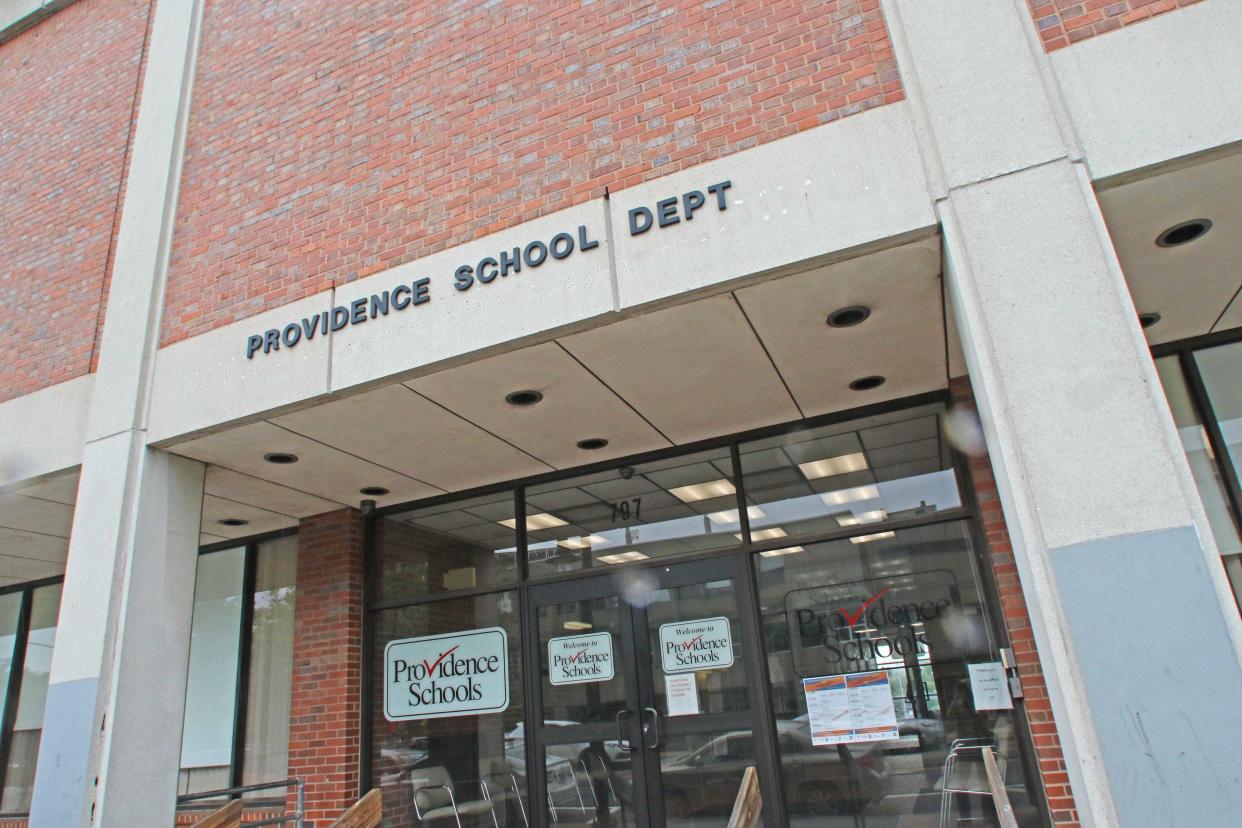Rhode Island violated rights of English language learners in Providence, judge finds

PROVIDENCE — A Superior Court judge has ruled that the Providence Public Schools failed to provide English language learners with anywhere near the instruction needed to succeed in school.
Judge Netti Vogel found that the Council on Elementary and Secondary Education and the state Department of Education violated the rights of students who were English language learners by providing them with fewer services than the law requires.
The lawsuit was brought by the American Civil Liberties Union and Rhode Island Legal Services against the Rhode Island Council on Elementary Education, the state Board of Education and the school district.
In 2016, the suit was filed on behalf of three parents of English learners in Providence who said their children had been provided with little to no instruction by a teacher certified in English as a Second Language. The children also received special education services.
Prior to March 2018, a certified ESL teacher provided guidance to the regular classroom teacher about how best to meet the needs of a student learning English.
At that time, the U.S. Justice Department issued a scathing report on the district’s treatment of English learners. It found that English learners with disabilities often suffered the most, and parents were sometimes forced to choose between obtaining special-education services or English-language services for their children.
More: 315 Providence teachers learn they may have to apply for new jobs. Here's what we know
More: Providence elementary school teachers chafe at language-certification mandate
At least 327 English-language learners during the 2016-17 school year were placed in programs that did not provide any direct English-language services from a qualified instructor, according to the report.
Some students received far less than the required amount of ESL instruction.
On Thursday, the state Department of Education said that the school district hasn't used the instruction model in question since at least August 2018, when then interim Supt. Frances Gallo signed a settlement agreement with the Justice Department that the model was educationally unsound.
"All of this occurred prior to the state takeover of the district and Commissioner AngélicaAngelica Infante-Green has consistently made clear from the outset of her tenure that the model may not be used in the district or elsewhere in the state," said education department spokesman David Folcarelli.
Nicholas Domings, a spokesman for the district, sa9d Providence has since more than doubled the number of ESL certified teachers to 467..
"We are also now providing up to $8,000 for teachers to obtain their certification," he said. "We have also created more than 200 integrated classrooms, along with more dual language classrooms."
The Council on Elementary Education contended that the district’s approach was valid because it drew from several educational models listed in state regulations. The council also argued that Providence wasn’t required to ensure that all English language instruction was provided by a certified ESL teacher.
The council argued that English language learners received multiple levels of instructions through their classroom teachers, who consult with ESL teachers.
Vogel wrote that English language instruction carries its own specific set of skills and said the record shows that some of the district’s English-speaking teachers were inadequately prepared to teach in a bilingual classroom, despite completing a 100-hour continuing education course.
“A language remediation program,” she wrote, “cannot reasonably be expected to be successful if it relies on general and special educators obtaining those skills through periodic consultations of unspecified length with ESL-certified managers.”
Vogel found that the district violated “the clear and unambiguous language of the state regulations” by using this model with special education students such as the plaintiffs.
Vogel also concluded that the district “failed to ensure that programs for English language learners are based on sound educational theory” and supported by effective staff. Special education students who are also English learners have been denied the same educational opportunities as regular education students.
Vogel remanded the case to the Board of Education and ordered the board to consider compensatory services to the plaintiffs, which could include anything from tutoring to help with earning a GED.
Linda Borg covers education for The Journal.
This article originally appeared on The Providence Journal: Rights of English language learners in RI violated, judge finds

